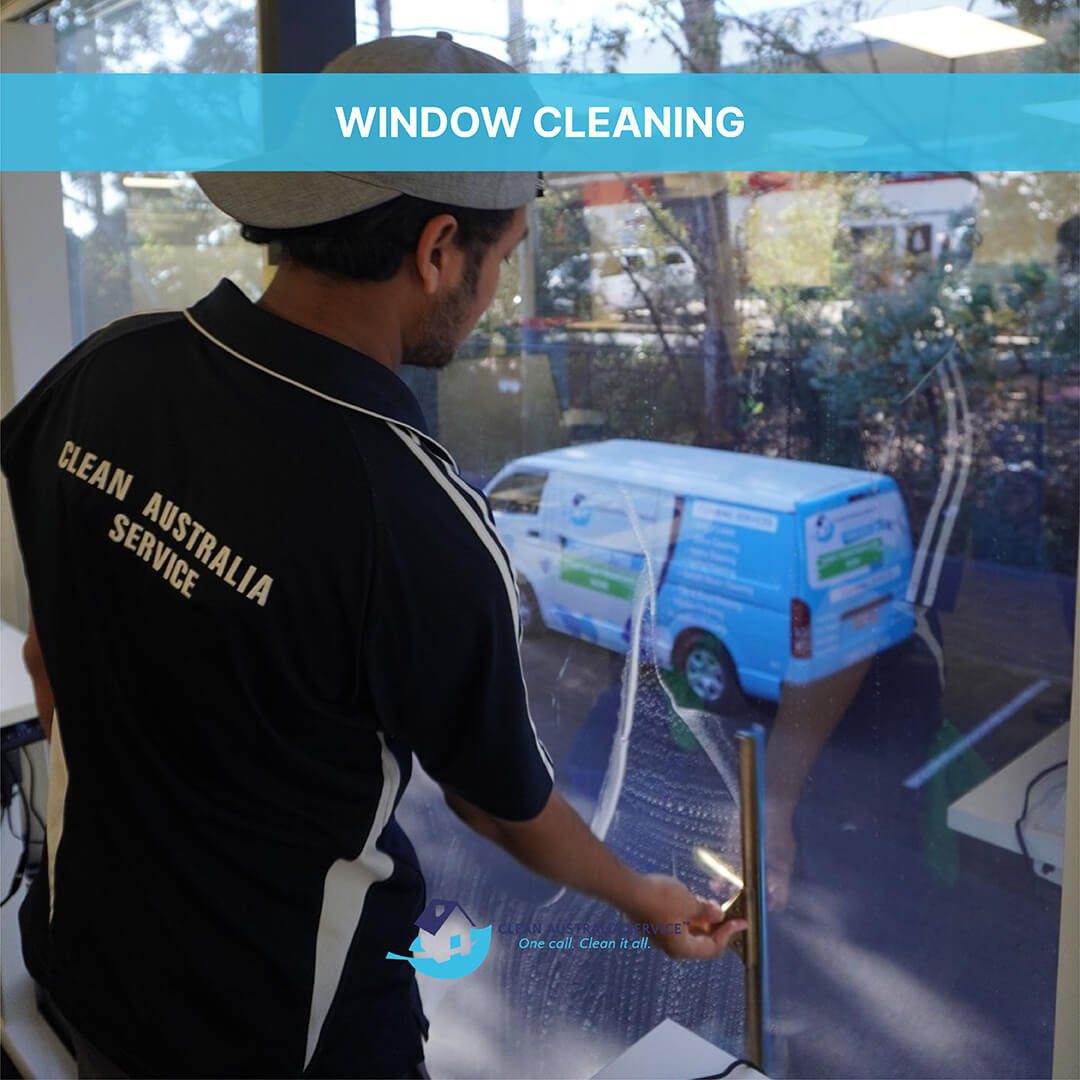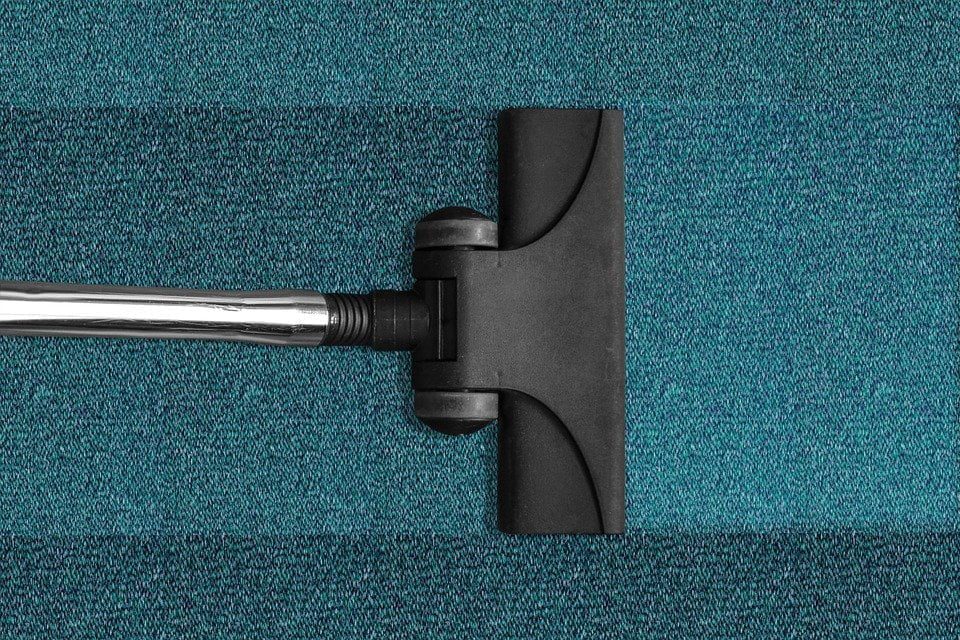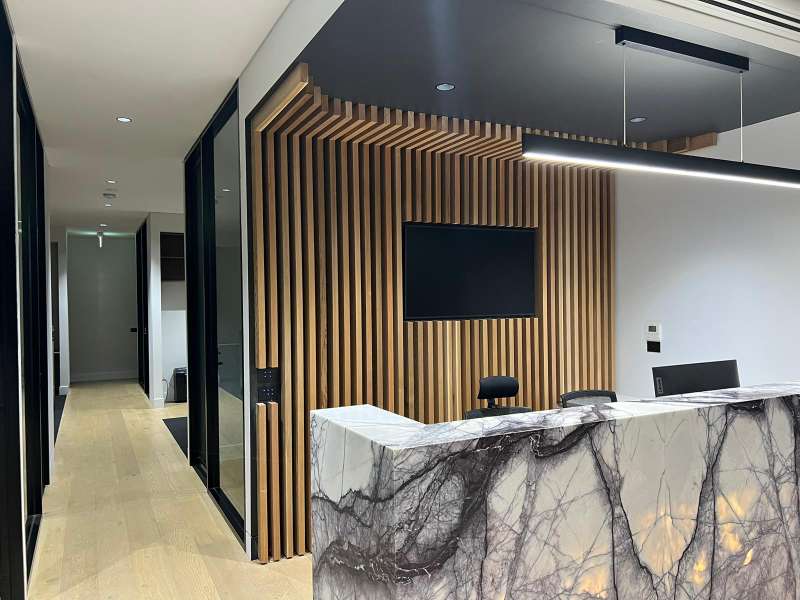Foodborne illnesses and kitchen fires are serious threats that can be significantly reduced through proper commercial kitchen cleaning. Shockingly, 30% of reported foodborne illnesses are linked to food prepared in commercial kitchens, often due to contaminated surfaces, equipment, and utensils. This puts both customers and staff at risk, highlighting the critical need for meticulous cleaning practices.
Beyond preventing foodborne illnesses, proper cleaning is essential for allergen control. A clean kitchen reduces the risk of cross-contamination, protecting those with potentially fatal allergies.
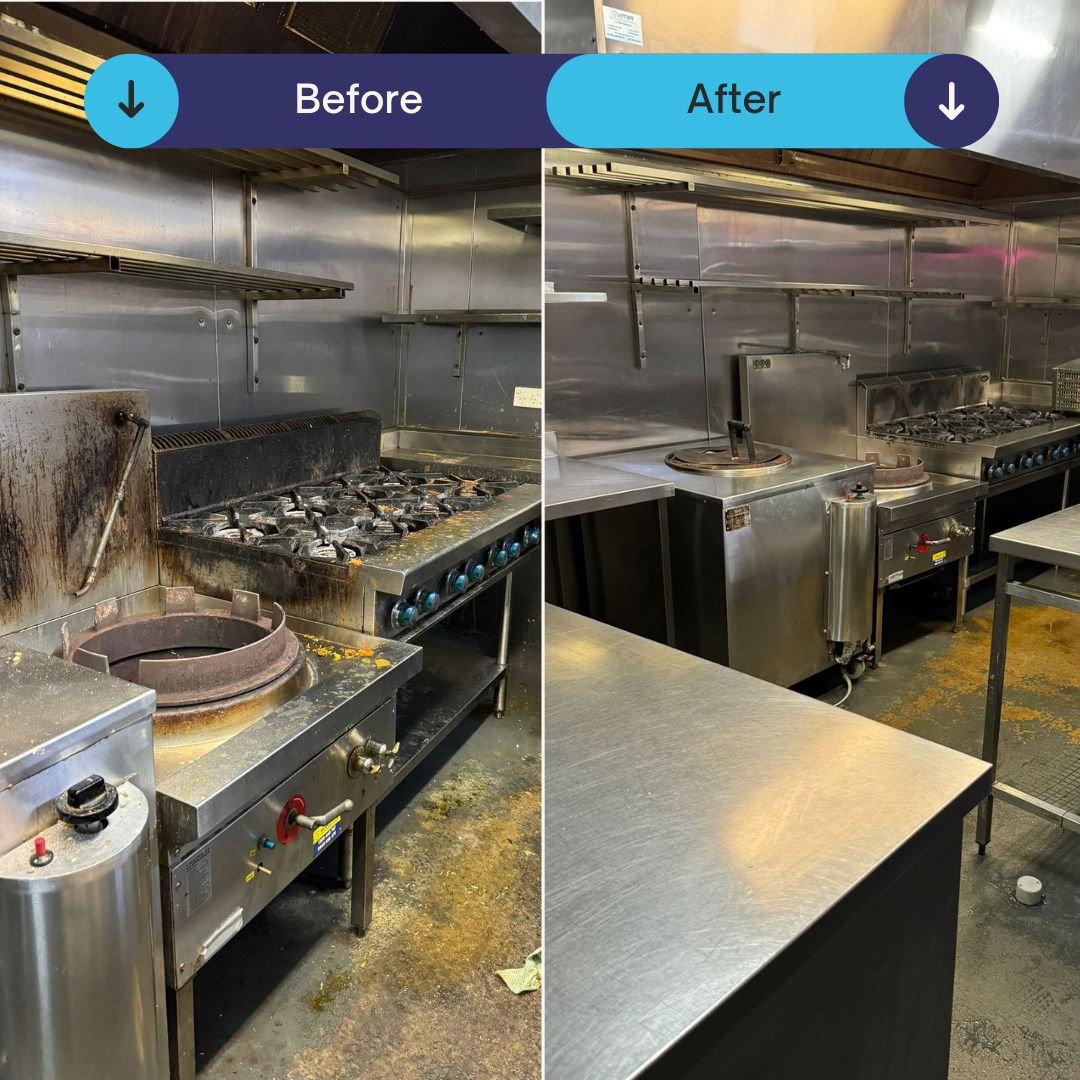
Besides, unclean equipment causes 61% of kitchen fires. Grease buildup in range hoods, deep fryers, and grills poses a significant fire risk. Daily cleaning and maintenance of cooking equipment is critical to preventing these devastating fires.
Maintaining a clean and hygienic commercial kitchen is crucial for several reasons: regulatory compliance, the health and safety of staff and customers, and overall food quality. This guide outlines a comprehensive cleaning strategy, combining efforts from kitchen staff and professional cleaning services.
Daily Cleaning: The Kitchen Staff’s Responsibilities

While professional cleaning services provide invaluable deep cleaning and maintenance, the daily responsibility for maintaining a sanitary kitchen environment falls on the kitchen staff. These daily tasks are crucial for preventing the spread of bacteria, ensuring food safety, and maintaining a smooth workflow:
- Frequent Disinfection and Cleaning: Throughout the day, surfaces and equipment used for food preparation should be regularly disinfected and cleaned with appropriate sanitising solutions. This includes countertops, cutting boards, utensils, and appliances.
- Drying Metal Elements: After washing, metal elements like knives, whisks, and spatulas should be thoroughly dried to prevent rust and corrosion, extending their lifespan.
- Immediate Spill Clean-up: Spills and messes should be addressed promptly to prevent the growth of bacteria and cross-contamination. This ensures a clean and safe workspace for food preparation.
- Allergen Protocol Adherence: To prevent allergic reactions, staff must follow established protocols for handling allergens. This includes using separate utensils, surfaces, and equipment for different allergens, and thoroughly cleaning them after each use.
- Grill Maintenance: Brushing the grill between changing food types helps prevent flavour mixing and ensures food safety by removing potential contaminants.
By consistently adhering to these daily cleaning tasks, kitchen staff plays a vital role in maintaining a safe and hygienic environment for food preparation, protecting both customers and themselves from potential health risks.
Weekly Cleaning: Addressing Deeper Needs
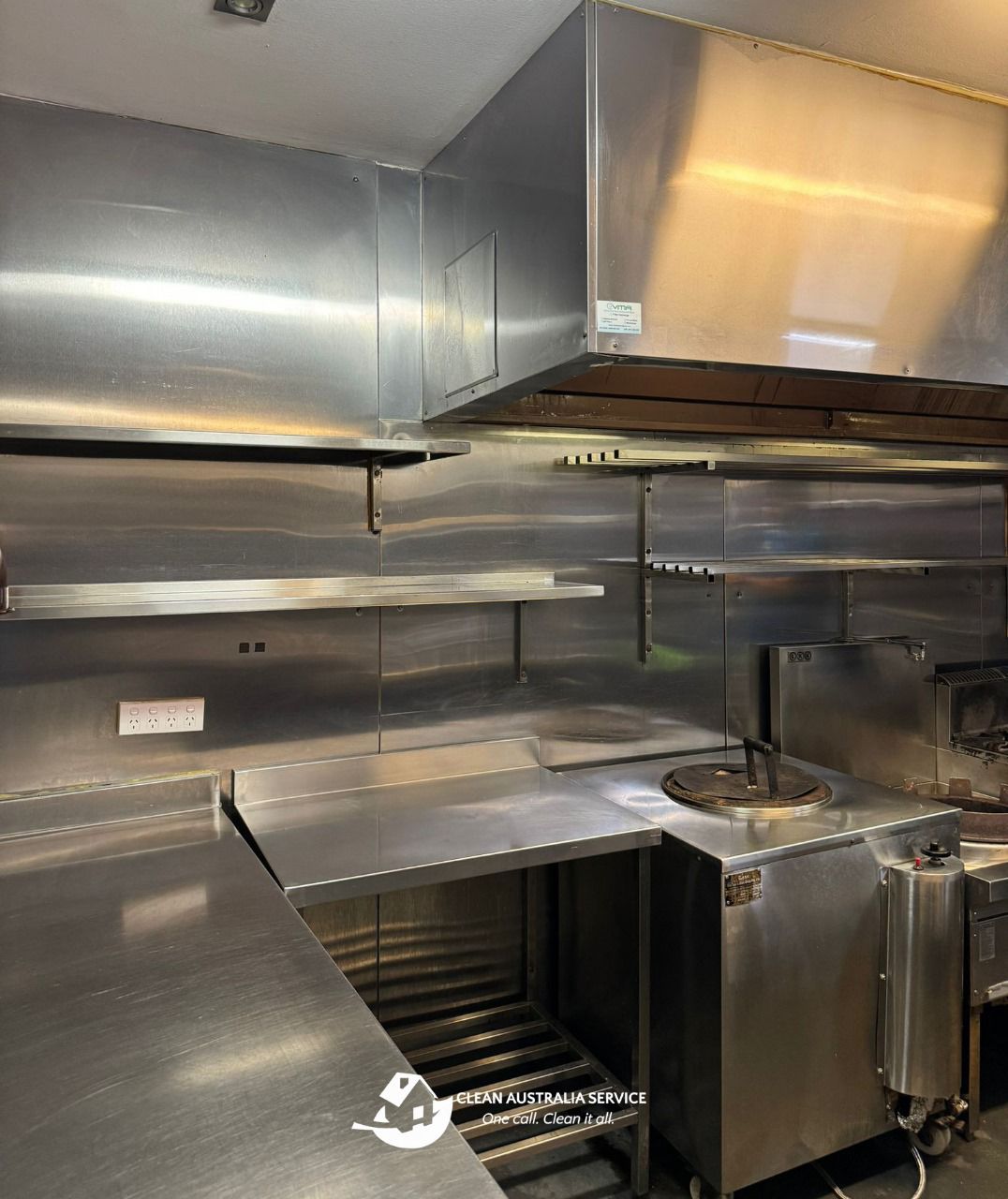
While daily cleaning tackles surface-level hygiene, weekly deep cleaning delves into areas that require more intensive attention. This ensures a truly sanitary kitchen environment and prevents the build-up of grime and potential hazards:
- Underneath Surfaces and Equipment: Areas beneath equipment and surfaces often harbour hidden grime that requires thorough cleaning. This includes:
- Moving heavy appliances: This allows for thorough cleaning underneath and behind them, removing accumulated grease, food debris, and dust.
- Cleaning ventilation systems: This includes removing grease buildup from hood filters and cleaning ducts to ensure proper air circulation and prevent fire hazards.
- Inspecting and cleaning floor drains: Weekly cleaning of floor drains helps prevent clogs and removes potential sources of unpleasant odours.
- Sharpening Knives and Reviewing Utensils: Weekly sharpening of knives ensures optimal performance and prevents accidents due to dull blades. Additionally, reviewing utensils for damage or wear and tear helps maintain food safety and prevents contamination.
- Emptying and Cleaning Storage Areas: Weekly emptying and cleaning of storage areas like pantries, walk-in refrigerators, and freezers prevents pest infestations and maintains hygiene. This includes:
- Rotating and checking stock: Inspecting food for spoilage and ensuring proper rotation prevents food waste and potential health risks.
- Cleaning shelves and containers: Removing spills, crumbs, and accumulated dust ensures proper storage hygiene and prevents contamination.
- Defrosting freezers: Regular defrosting prevents ice buildup, which can impact energy efficiency and proper food storage temperatures.
By incorporating these weekly deep cleaning tasks into the kitchen routine, staff can ensure a more comprehensive and hygienic environment, promoting food safety, preventing health hazards, and maintaining a well-functioning kitchen space.
Monthly Cleaning: Tackling Grease and Equipment Maintenance
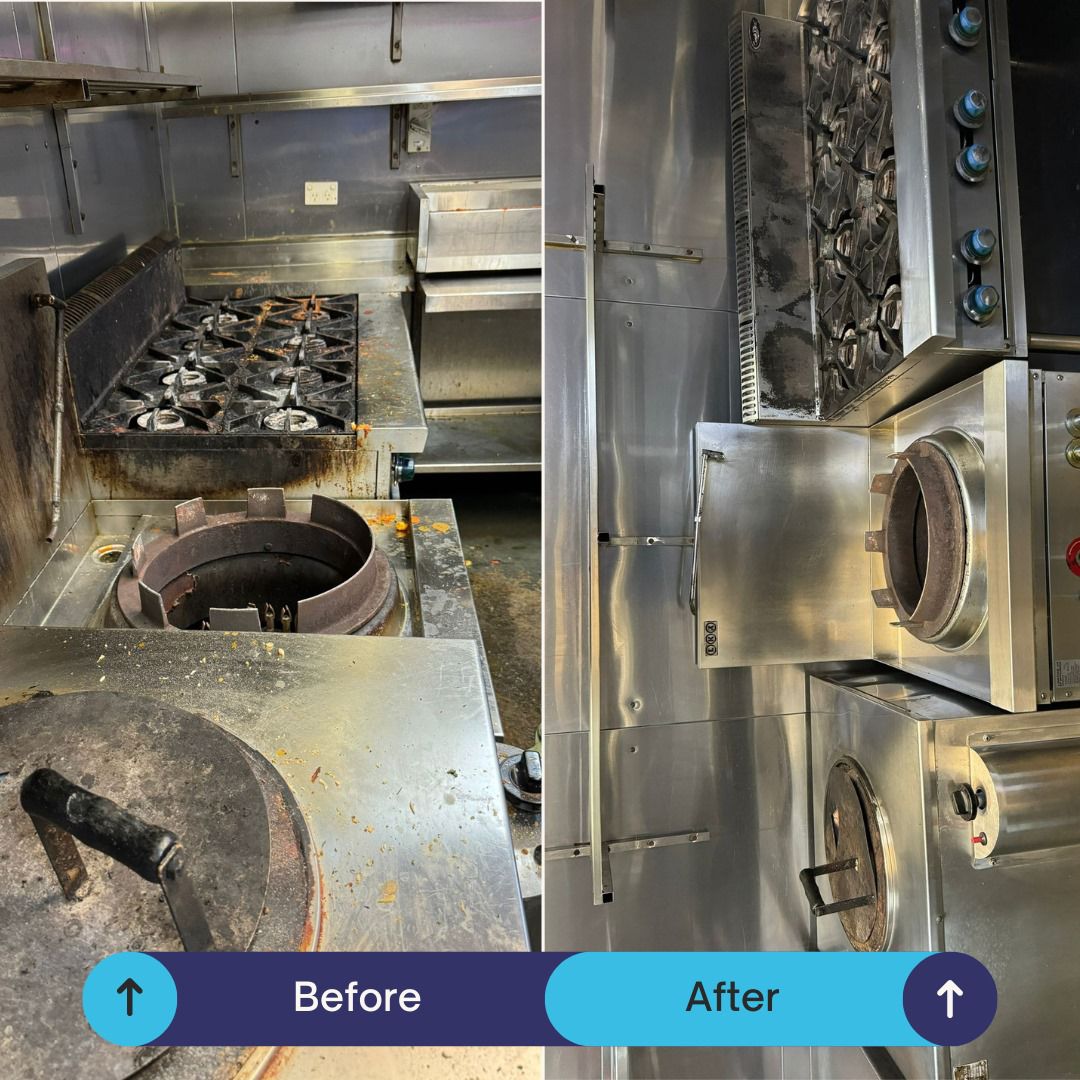
Monthly cleaning delves into areas requiring specialised attention and tackles tasks that go beyond routine cleaning. These tasks ensure optimal hygiene, prevent equipment breakdowns, and maintain a safe and functional kitchen environment:
- Grease Build-up in Hard-to-Reach Places:
- Kitchen Canopy Cleaning: Grease build-up in kitchen canopies poses a significant fire hazard. Utilising professional services like Lotus Commercial for canopy cleaning ensures thorough removal of grease, preventing potential fires and maintaining proper ventilation.
- Cleaning Freezers and Fridges:
- Freezer and Fridge Deep Cleaning: Monthly deep cleaning of freezers and fridges prevents the growth of bacteria, mould, and excessive frosting. This includes:
- Thorough cleaning of interior surfaces and shelves: Removing spills, crumbs, and accumulated grime ensures proper hygiene and prevents contamination.
- Defrosting freezers: Regular defrosting prevents ice buildup, which can impact energy efficiency and proper food storage temperatures.
- Cleaning condenser coils: Dust buildup on condenser coils reduces cooling efficiency, leading to higher energy consumption and potential equipment malfunction.
- Equipment and Utensil Review:
- Identifying Potential Issues: A monthly review of equipment and utensils helps identify potential problems before they escalate into breakdowns. This includes:
- Inspecting appliances for signs of wear and tear: Checking for loose parts, malfunctioning components, or leaking fluids helps prevent accidents and costly repairs.
- Testing functionality of equipment: Ensuring proper operation of appliances and utensils minimises the risk of food safety hazards and ensures efficient workflow.
- Replacing worn-out utensils: Damaged or worn-out utensils can pose safety risks and compromise food quality. Replacing them promptly ensures safe food preparation.
Professional Deep Cleaning: Partnering with Clean Australia Service
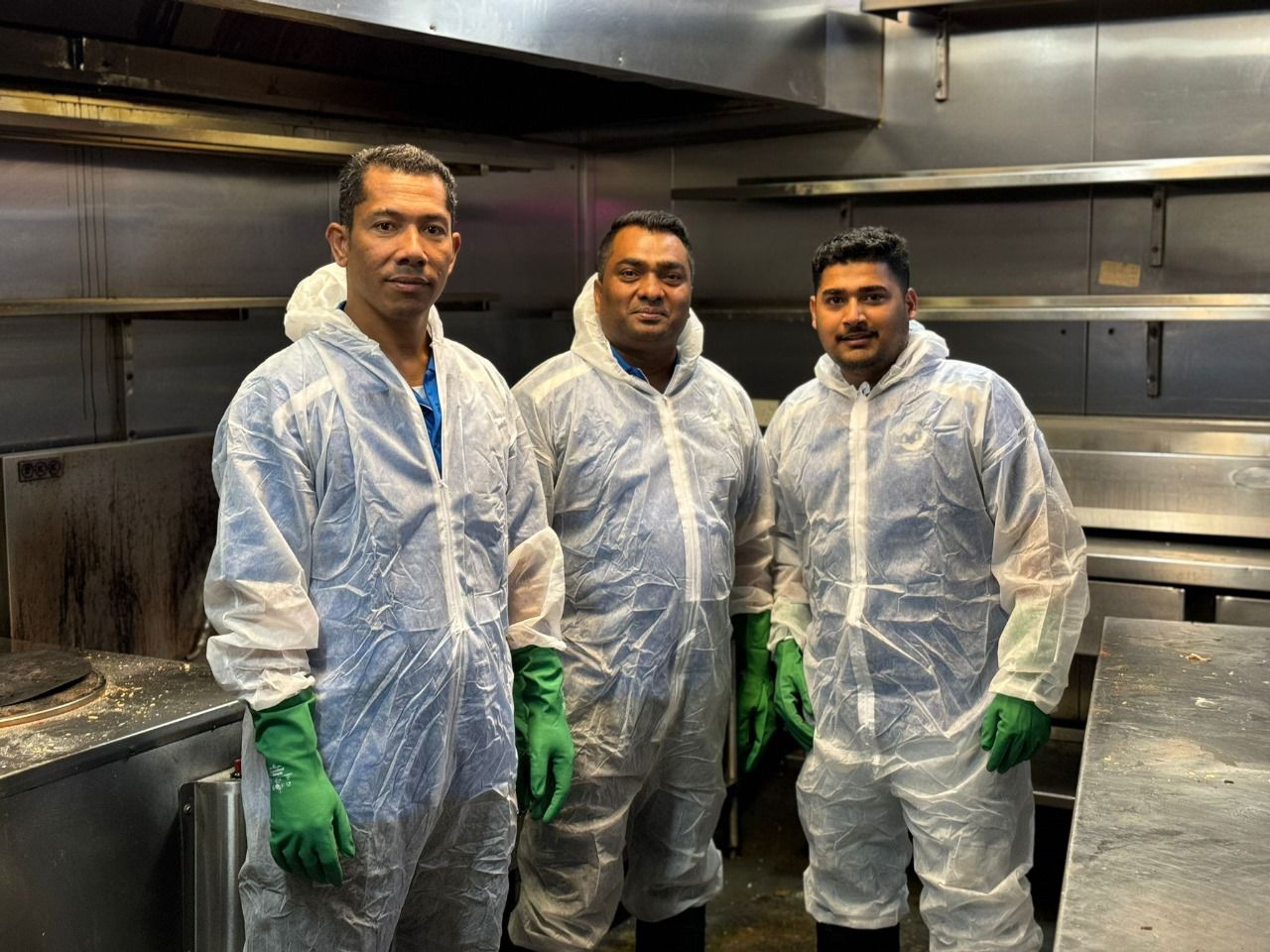
For comprehensive and specialised cleaning needs, Clean Australia Service offers deep cleaning services several times a year, tailored to your kitchen’s usage and food types. Here’s what they handle:
- Hard-to-Reach Surfaces and Exhaust Hoods: Our expertise ensures thorough cleaning of even the most difficult areas, like exhaust hoods, guaranteeing optimal hygiene and fire safety.
- Delicate Elements Requiring Specialised Protocols: We prioritise using the proper cleaning methods and equipment for specific and delicate kitchen elements, ensuring their functionality and longevity.
- Filter Exchange and Cool Room Cleaning: Clean Australia Service ensures optimal functionality and hygiene in vital areas like cool rooms by exchanging filters and performing deep cleaning, preventing potential issues and maintaining proper food storage temperatures.
- Proof of Cleaning and Fire Prevention: For your peace of mind, we provide comprehensive documentation of cleaning procedures and fire prevention measures, ensuring you have a clear record of our services and compliance.
Prioritise a safe and clean kitchen. Contact Clean Australia Service today for a free quote on our commercial kitchen cleaning services!

